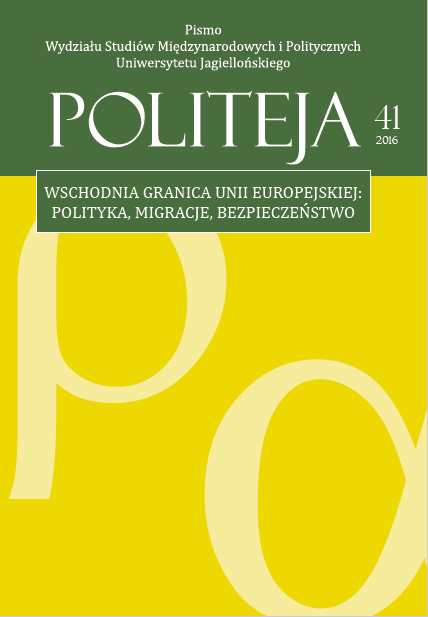Promocja demokracji a bezpieczeństwo europejskie: skuteczność i dylematy polityki wschodniej Unii Europejskiej w XXI w.
Democracy promotion and European security: effectiveness and dilemmas of Eastern policy of the European Union in the 21st century
Author(s): Andrzej PodrazaSubject(s): Politics / Political Sciences, Politics, Government/Political systems, Security and defense
Published by: KSIĘGARNIA AKADEMICKA Sp. z o.o.
Keywords: EU; a normative power; democracy promotion; realism; Russia
Summary/Abstract: The main aim of the article is a theoretical and empirical analysis of the impact of the European Union on the democratization process in the countries of Eastern Europe. In its foreign policy the European Union, regarded as a normative power, has a strategic interest in stabilizing neighbouring countries through the export of democratic values in order to ensure its own security. It is claimed, however, that the European Union’s ability to influence the outside world is limited. The effectiveness of the EU’s conditionality policy is mainly related to the perceived benefits by third countries – in case of Eastern European countries a membership offer as the main incentive is not yet taken into account. Of great importance there is also a lack of common EU position towards Russia, which regards a European export of democratic values to countries of the post-Soviet area as a challenge to its position on the international arena. A European-Russian rivalry on the post-Soviet area can be then described using realist theory of international relations. The article ends with recommendations for the European Union.
Journal: Politeja - Pismo Wydziału Studiów Międzynarodowych i Politycznych Uniwersytetu Jagiellońskiego
- Issue Year: XIII/2016
- Issue No: 41
- Page Range: 161-180
- Page Count: 20
- Language: Polish

